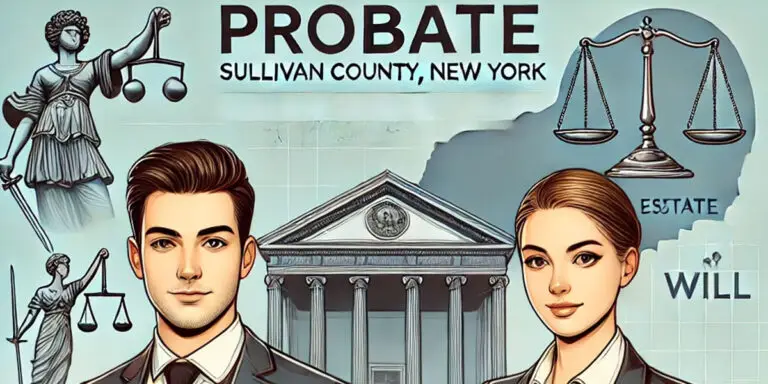
Sullivan County Probate? Expert Lawyers Here
Finding the Right Probate Lawyers: Sullivan County, NY Expertise Dealing with the loss of a loved one is an emotionally difficult experience, and navigating the


Home » Estate Planning » Probate » Page 4

Finding the Right Probate Lawyers: Sullivan County, NY Expertise Dealing with the loss of a loved one is an emotionally difficult experience, and navigating the
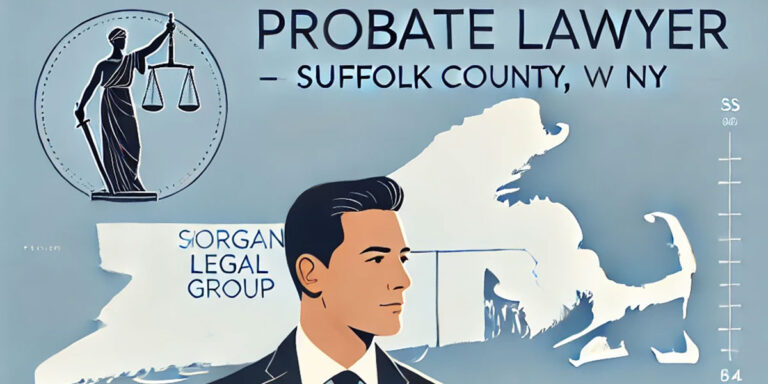
Finding the Right Probate Lawyer in Suffolk County: A Comprehensive Guide When you’re dealing with the complexities of settling a loved one’s estate in Suffolk
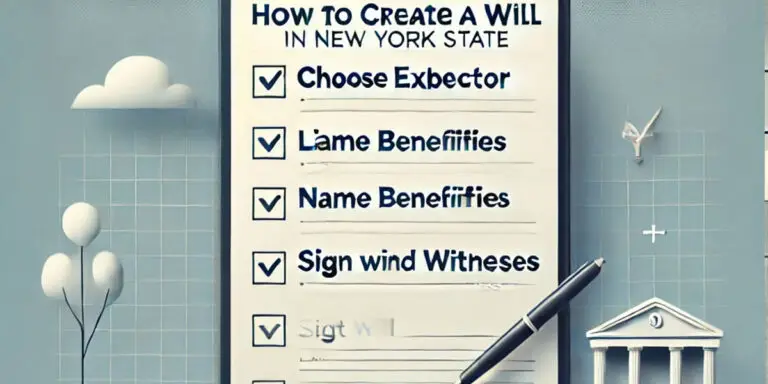
How to Create a Will in New York State: A Step-by-Step Guide Creating a will is one of the most important steps to protect your

Do I Really Need an Estate Plan? Unveiling the Truth in NY Many individuals in New York question whether they truly need an estate plan.

Finding the Right Probate Lawyer in NYC: Your Essential Guide Securing the right legal representation is paramount when you’re facing the daunting task of navigating

Navigating Probate in Kings County: Why You Need a Local Expert When faced with the responsibility of administering a loved one’s estate in Kings County
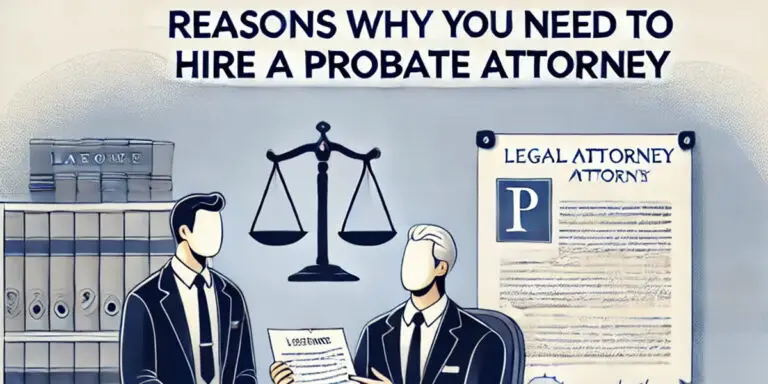
Top Reasons to Hire a Probate Attorney in New York The loss of a loved one brings immense grief, and the ensuing legal process of
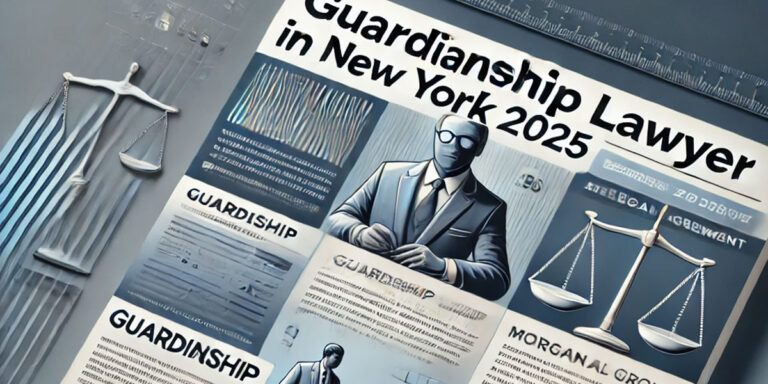
Guardianship Lawyer in New York: Protecting Your Loved Ones in 2025 When a loved one becomes unable to care for themselves or manage their affairs
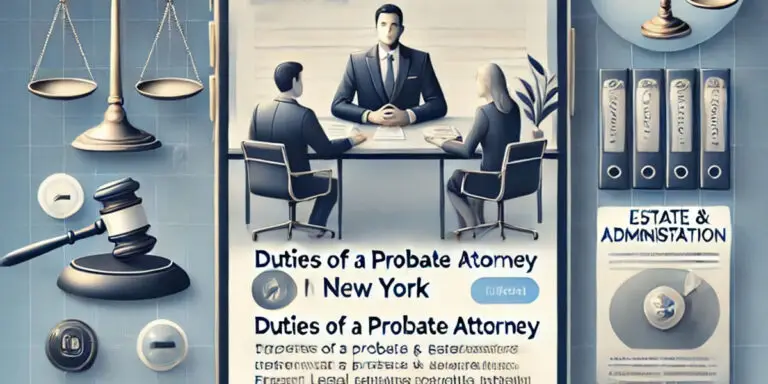
NY Probate Attorney Duties: What to Expect When someone passes away in New York, the probate process begins. This legal process can seem complex and
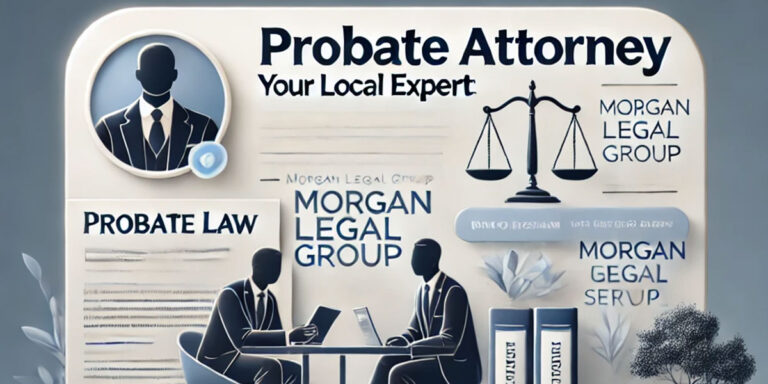
Probate Attorney Near Me in 10012: Your Local Guide Dealing with the loss of a loved one is always difficult. Navigating the complexities of probate
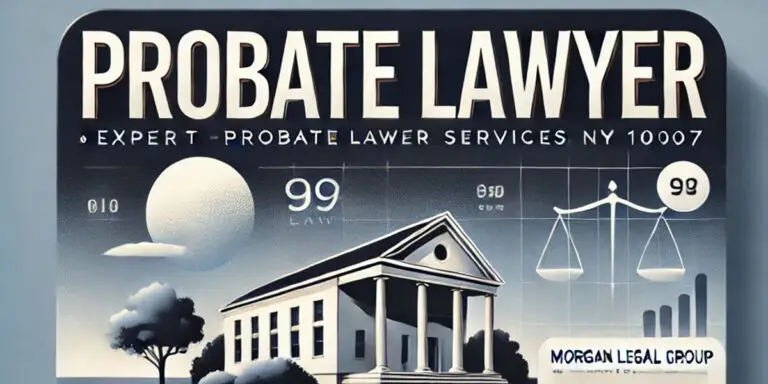
Probate Lawyer Long Island: Navigating Estate Administration Losing a loved one is an emotional time. Navigating the probate process adds stress. This is especially true
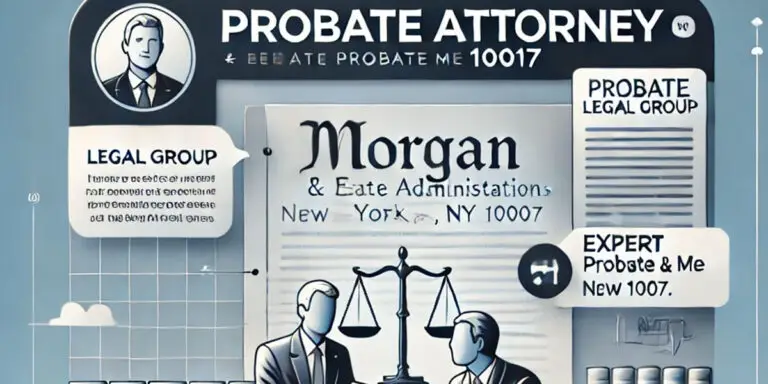
Probate Attorney Near Me 10017: Your Midtown East Guide Searching for a “probate attorney near me 10017” indicates a need for assistance. Probate, the process
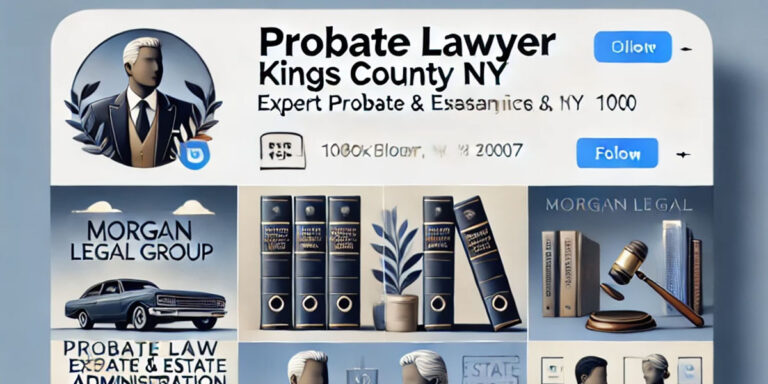
Probate Brooklyn Lawyer: Your Guide to Estate Administration Navigating the complexities of probate can be overwhelming when facing the loss of a loved one in

NY Estate Planning Lawyers: Wills, Trusts & Protecting Your Family Welcome to Morgan Legal Group P.C., your trusted advisor for estate planning in New York.
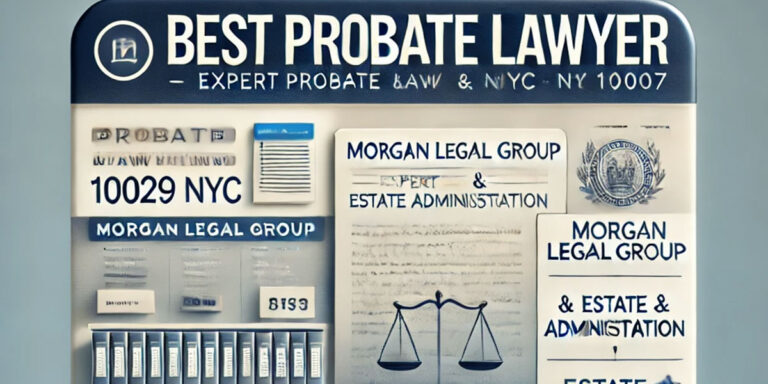
Probate Attorney Near Me 10029: Your Local Guide If you’re searching for a “probate attorney near me” in the 10029 zip code (Upper East Side,

Wills & Trusts Lawyer Bronx NY: Planning for Tomorrow Planning for the future can seem daunting. This is especially true when considering what happens to
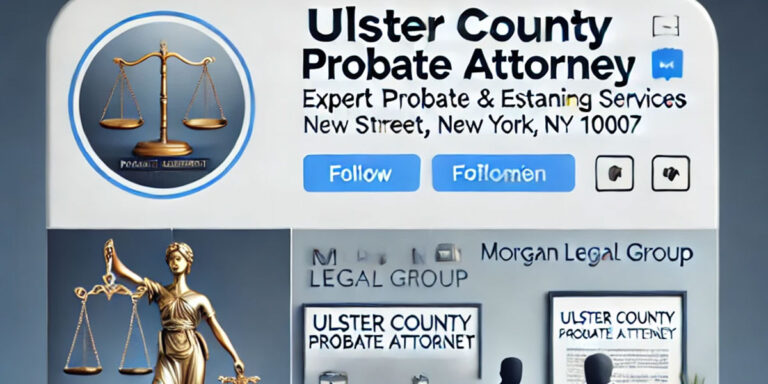
Ulster County Probate Attorney: Navigating Estate Administration Losing a loved one is an emotionally challenging experience. Managing the legal complexities of probate can add further
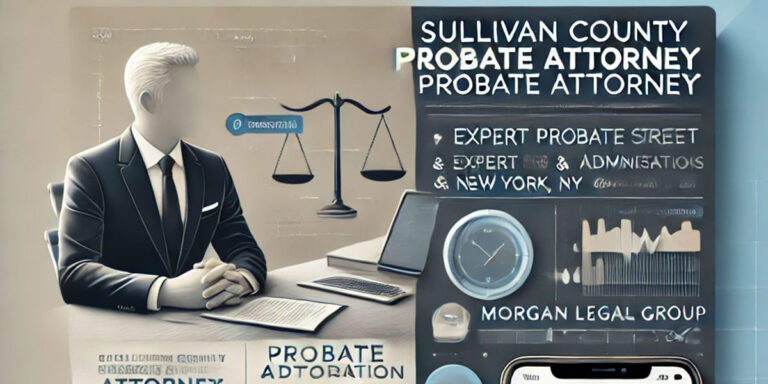
Probate Attorney Sullivan County NY: Expert Guidance Dealing with the loss of a loved one is difficult. Navigating the probate process adds to the stress.

Trusts & Estates Lawyer NYC: Secure Your Future Navigating trusts and estates law in New York City demands expertise. These legal areas are complex. They

Why Estate Planning Lawyers Matter in NY Estate Planning: Not Just for the Wealthy Estate planning might seem like a task reserved for the wealthy
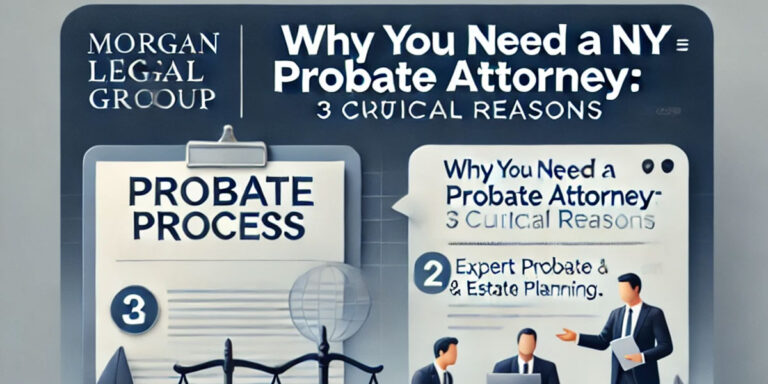
Why You Need a NY Probate Attorney: 3 Crucial Reasons Probate can feel daunting, especially in NYC. It’s the legal process of handling a deceased
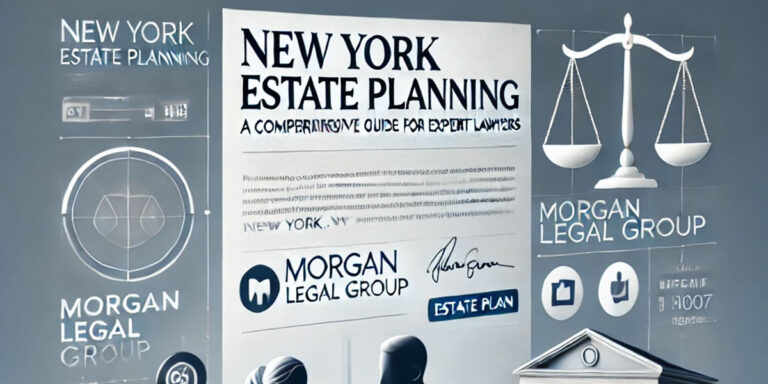
NYC Estate Plan: Wills, Trusts & Lawyers – Secure Your Legacy Welcome to Morgan Legal Group, P.C., your trusted advisors for estate planning in New
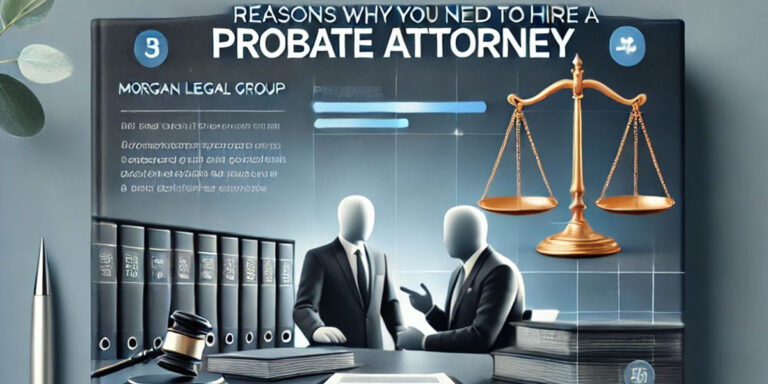
Navigating Probate: Why You Need a Skilled Attorney in New Losing a loved one is a difficult experience. The legal process that follows, known as
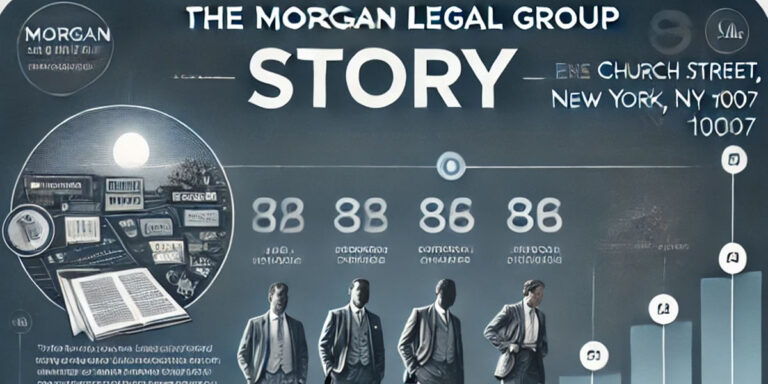
Building a Legacy: The Values That Drive Morgan Legal Group At Morgan Legal Group, we understand that estate planning is more than just legal documents.

How Much Does a Power of Attorney Cost in New York? Creating a Power of Attorney (POA) is crucial in estate planning, elder law, and
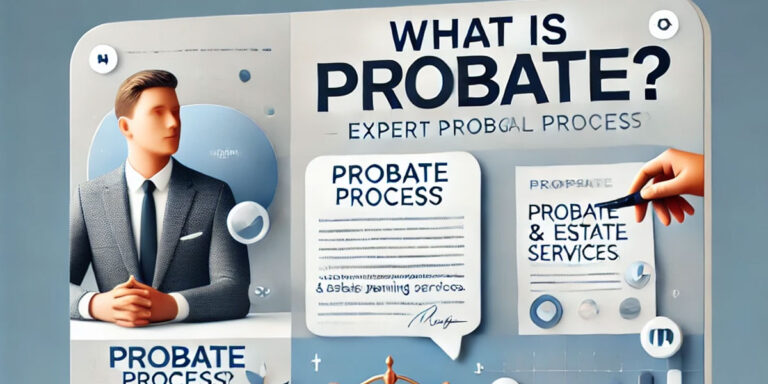
What is Probate? A Comprehensive Guide for New Yorkers The term “probate” often evokes confusion and anxiety. Simply put, probate is the legal process of

What to Do Before Hiring a Probate Attorney: A New York Guide Dealing with the death of a loved one is emotionally taxing. Starting the

Suffolk County Probate Attorney: Your Guide to Estate Administration on Long Island The loss of a loved one is a deeply emotional and challenging time.
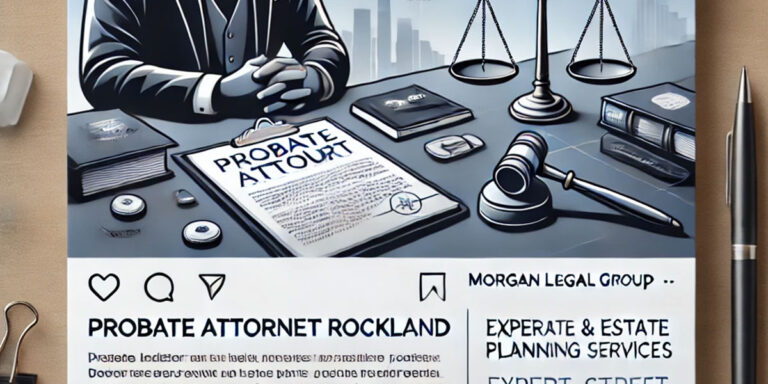
Rockland County Probate Attorney: Navigating Estate Administration with Confidence The loss of a loved one is a deeply challenging experience. The added responsibility of managing
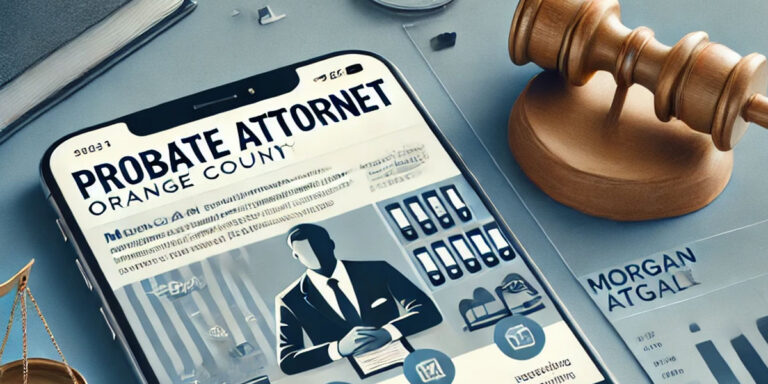
Orange County Probate Attorney: Your Guide to Estate Administration The passing of a loved one is a deeply emotional experience. Facing the complexities of probate
Ⓒ 2025 - All Rights Are Reserved | Privacy Policy | Estate Planning Attorney NYC | Sitemap